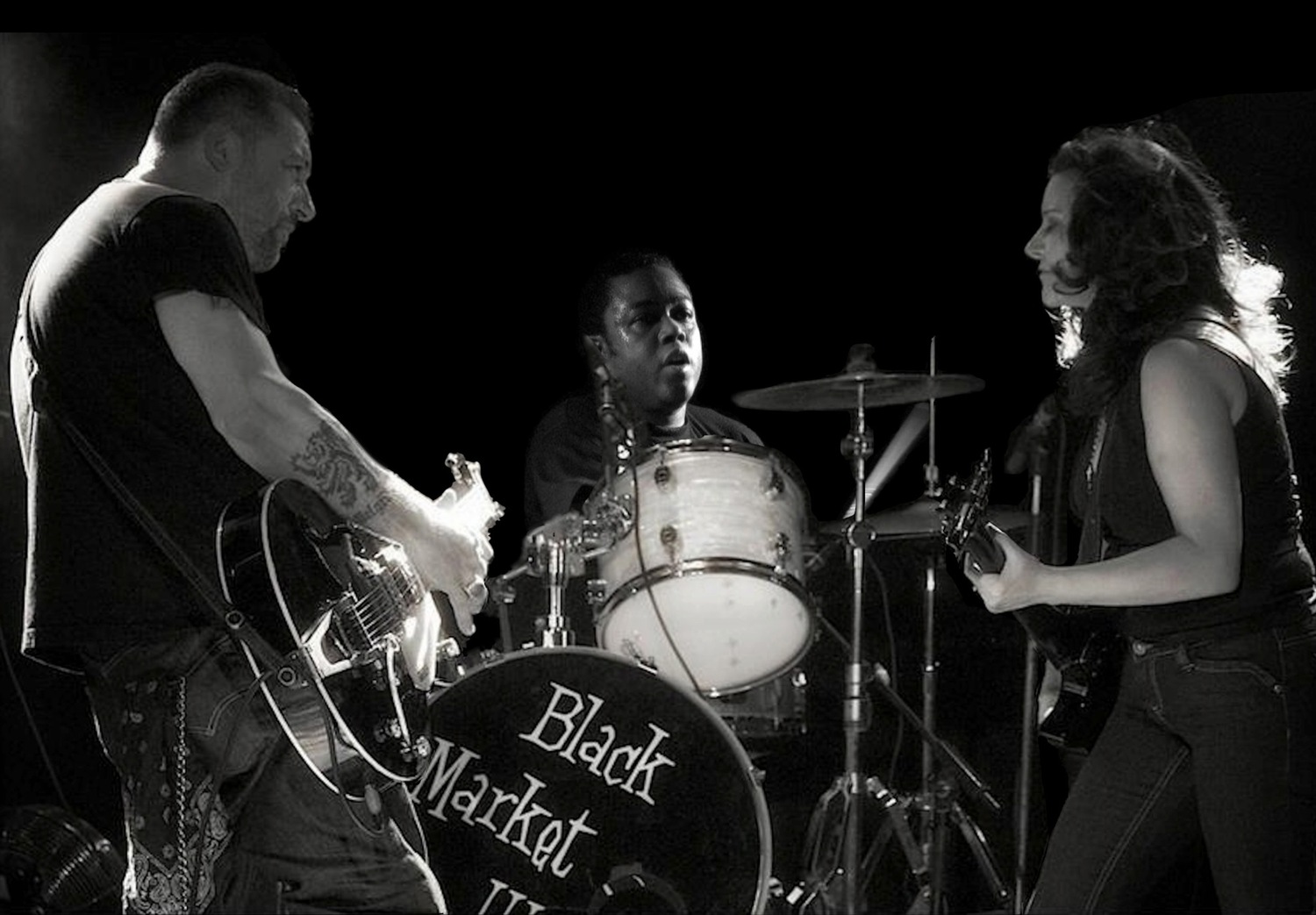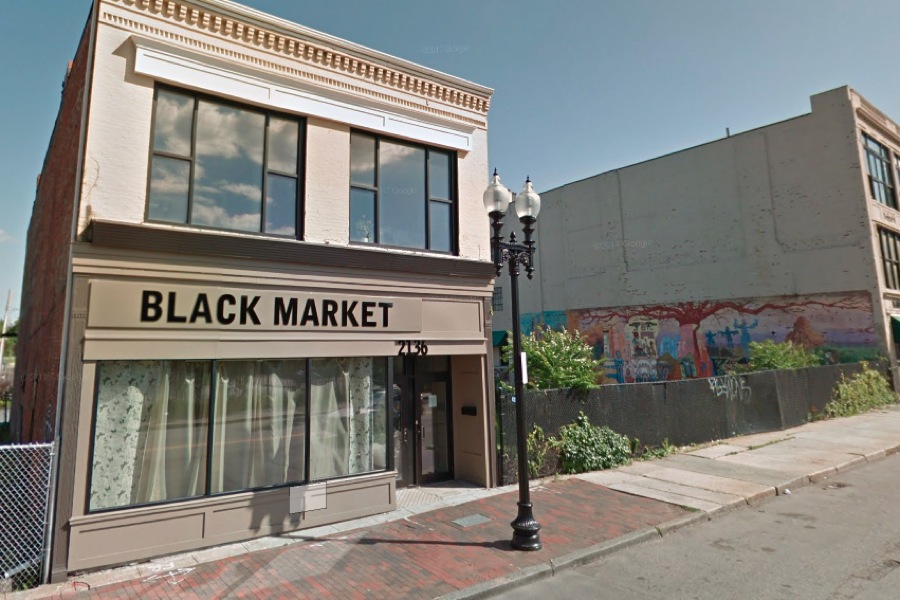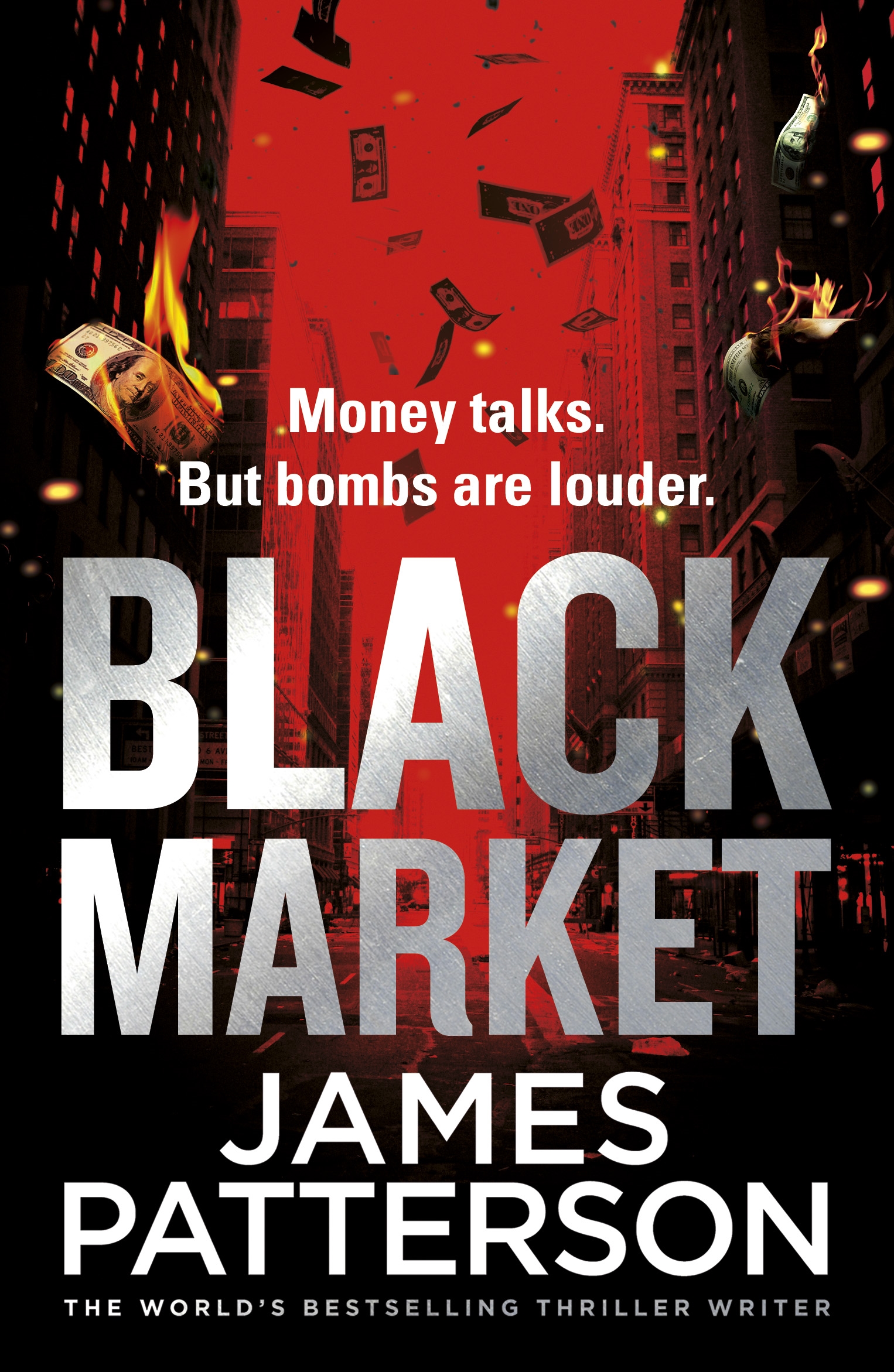Apr 23, 2023
The Hidden World of Black Market and the Dark Web

Black markets are illegal networks where goods and services are bought and sold outside of official channels. These markets thrive in many countries around the world, despite efforts by governments to stamp them out. They can include anything from counterfeit goods to drugs, weapons, and human trafficking. The reasons people turn to black markets are varied, but often stem from a lack of access to legal goods and services or high prices in official markets. While black markets can provide a way for some people to survive, they also come with significant risks, including violence, exploitation, and imprisonment.
The illicit trade of goods and services on the black market continues to be a global issue. In Butte, Montana, during the Prohibition era, the illegal distribution of alcohol was rampant, often involving women who sold contraband liquor. This phenomenon shed light on the gendered roles and expectations of the time. In more recent times, it has been reported that in 2005, 5% of all organ recipients participated in commercial organ transplants. The Tor project, which stands for "The Onion Router," was created to provide anonymity for internet users, but has also been used for illegal activities on the dark web.
The term "Black market" refers to the illegal trade of goods and services. It is often unregulated and not overseen, which makes it possible to sell items that would otherwise be prohibited or highly restricted. The black market involves a wide range of products, including drugs, weapons, counterfeit goods, and stolen items. It also includes services such as human trafficking and prostitution. Although the black market is often linked with criminal activity and organized crime, economic factors such as poverty and unemployment can also contribute to its growth. Despite the dangers and risks associated with this underground market, it remains prevalent in many parts of the world due to the high demand for illegal goods and services.
The global black market is a complex network of illegal activities that operate outside the boundaries of the law. One of the most concerning aspects of the black market is the trade in organs, which has become an increasingly profitable and dangerous enterprise. The state of the international organ trade is provisional, as information is often difficult to obtain and verify. However, it is clear that the demand for organs far outstrips the supply, leading to a lucrative illegal trade. In addition to organ trafficking, the black market also includes the trade in illegal cigarettes. To effectively combat the black market, partnerships must address all aspects of the illicit trade, from production to distribution and consumption.
Black market, also known as the underground economy, refers to the trade and exchange of goods and services that are prohibited by law or government regulation. In a black market, transactions are typically conducted outside of the formal economy, often in secret, and without the involvement of legal authorities.
Black markets can arise for a variety of reasons, including high taxes, government regulations, and the prohibition of certain goods or services. For example, the prohibition of drugs or firearms may lead to the creation of a black market for these products.
While black markets can provide a means of obtaining goods or services that would otherwise be difficult or impossible to obtain, they are also associated with a number of negative consequences. These may include increased crime, corruption, and violence, as well as reduced tax revenue and economic growth.
Despite these drawbacks, black markets continue to exist in many parts of the world, and are often difficult to eliminate entirely. Efforts to combat black markets typically involve increased law enforcement and regulation, as well as education and outreach to discourage participation in illegal activities.
Into the Shadowy Depths of Alphabay: The Darknet's Black Market
There is reportedly a black market for petrol and diesel between the Republic of black market Ireland and Northern Ireland. However, there is no citation to support this claim.
The existence of the black market is often overlooked in discussions of a cashless society. It is estimated that a significant portion of America's currency is actually held overseas. The underground economy includes a variety of illegal activities such as human trafficking and prostitution, which are either illegal or heavily regulated in many countries.
Black markets are organized and operated with the intention of committing cybercrime. These markets specialize in the sale of exploit kits, botnets, Distributed Denial of Service (DDoS) attack services, and illicitly obtained goods such as stolen credit card numbers and compromised hosts. They serve as a one-stop destination for those seeking to engage in criminal activities online.
Dark web's largest marketplace: Alphabay market link exposed
When it comes to the black market, the pricing of goods and services acquired through illegal means can either be above or below the price of legal market transactions. In some cases, these items may even be cheaper than their legal counterparts. The Journal of Tax Administration has reported on this phenomenon, with Edgar Feige providing new estimates of overseas transactions.
The term "black market" refers to an illegal marketplace where goods and services are bought and sold without regulation. This unregulated market is often associated with criminal activity, including drug trafficking, weapons smuggling, and human trafficking. The black market operates outside the legal economy and involves the exchange of goods and services that are prohibited or heavily restricted by law. Although the size of the black market is difficult to estimate, it is believed to be worth trillions of dollars worldwide. Despite its illegal nature, the black market continues to thrive due to high demand for certain goods and services, as well as economic and political factors.
The deep web: Exploring the black market
The deep web, also known as the dark web, is a part of the internet that is not indexed by traditional search engines. It is a place where anonymity reigns, and where people can buy and sell goods and services without fear of being caught. One of the most notorious aspects of the deep web is the black market, where illegal goods and services are sold.
David Witwer, a professor of history at Penn State Harrisburg, has written extensively about the black market and organized crime. He has called the Teamsters union "the most racketeer-ridden union in America." The problem of corruption in the Teamsters union during the 1930s was well-documented, and it continues to this day.
The black market is a common destination for people who are struggling to find work. It offers an opportunity to make money without having to go through the traditional channels. However, it is also a dangerous place, where people can easily fall victim to scams and other illegal activities.
Overall, the deep web and the black market are complex topics that require a nuanced understanding. While they can be used for good, they are often associated with criminal activity and should be approached with caution.
The black market is thriving even in the age of digital commerce. For instance, in the UK, a red dye is sold on the black market, while in Ireland, a green dye is the contraband of choice. Online, it's possible to purchase an eBay account to fraudulently boost one's seller rating and even buy Instagram followers to artificially inflate one's perceived popularity.
The Dark Side of Online Trading: Alphabay's Black Market URL Revealed
The black market has seen a recent increase in the use of cryptocurrencies, particularly bitcoin, as a means of exchange. Despite law enforcement agencies intercepting only a small portion of illegal drug transactions and imprisoning numerous suppliers, the persistent demand for illegal drugs and high profit margins attract new dealers to the market. The unreported income generated by the black market is estimated to reach 2 trillion, resulting in a significant "tax gap" of 450-600 billion.
The black market is a complex network of illegal activities that operate outside of the traditional economic system. It encompasses a range of criminal enterprises, from drug trafficking and human trafficking to counterfeit goods and stolen property. The black market is fueled by a variety of factors, including currency holdings, the underground economy, and the "tax gap," which refers to the difference between the amount of taxes owed and the amount that is actually paid.
One of the key drivers of the black market is currency holdings. In many countries, people hold large amounts of cash outside of the banking system, either to avoid taxes or because they distrust the government. This black market cash can then be used to fund illegal activities or to purchase goods and services on the black market.
Another factor that contributes to the black market is the underground economy. This includes all the economic activity that is not reported to the government or included in official economic statistics. The underground economy can be a significant source of income for some people, particularly in developing countries where formal employment opportunities are scarce.
Finally, the "tax gap" also plays a role in the black market. When taxes are too high or too difficult to enforce, some people will simply choose not to pay them. This creates an uneven playing field for businesses that do pay their taxes, and it can also lead to an increase in illegal activity as people seek to avoid paying taxes altogether.
In conclusion, the black market is a complex and multifaceted phenomenon that is driven by a variety of factors. Currency holdings, the underground economy, and the tax gap all contribute to the growth of this shadowy world, which can have serious consequences for both individuals and societies as a whole.
Black market activities have been a persistent issue for many countries worldwide. The illegal trade of goods and services not only poses a threat to the economy but also to the safety and security of individuals. One example of this is fuel smuggling, which has been a prevalent issue in Northern Ireland. The Irish Republican Army (IRA) was reportedly involved in such activities, which ultimately led to oil companies abandoning the region.
Moreover, the emergence of the Dark Web has further facilitated the growth of the black market. The Dark Web refers to the part of the internet that cannot be accessed through conventional search engines and is often used for illegal activities. A map of the Dark Web highlights the presence of numerous underground marketplaces where illegal goods and services are traded.
It is crucial for governments to take effective measures to combat the black market and prevent its negative impacts on the economy and society. This can include stricter laws and regulations, increased surveillance, and awareness campaigns to educate the public on the dangers of participating in such activities.
Explore further
Distributed by JaLi, LLC.

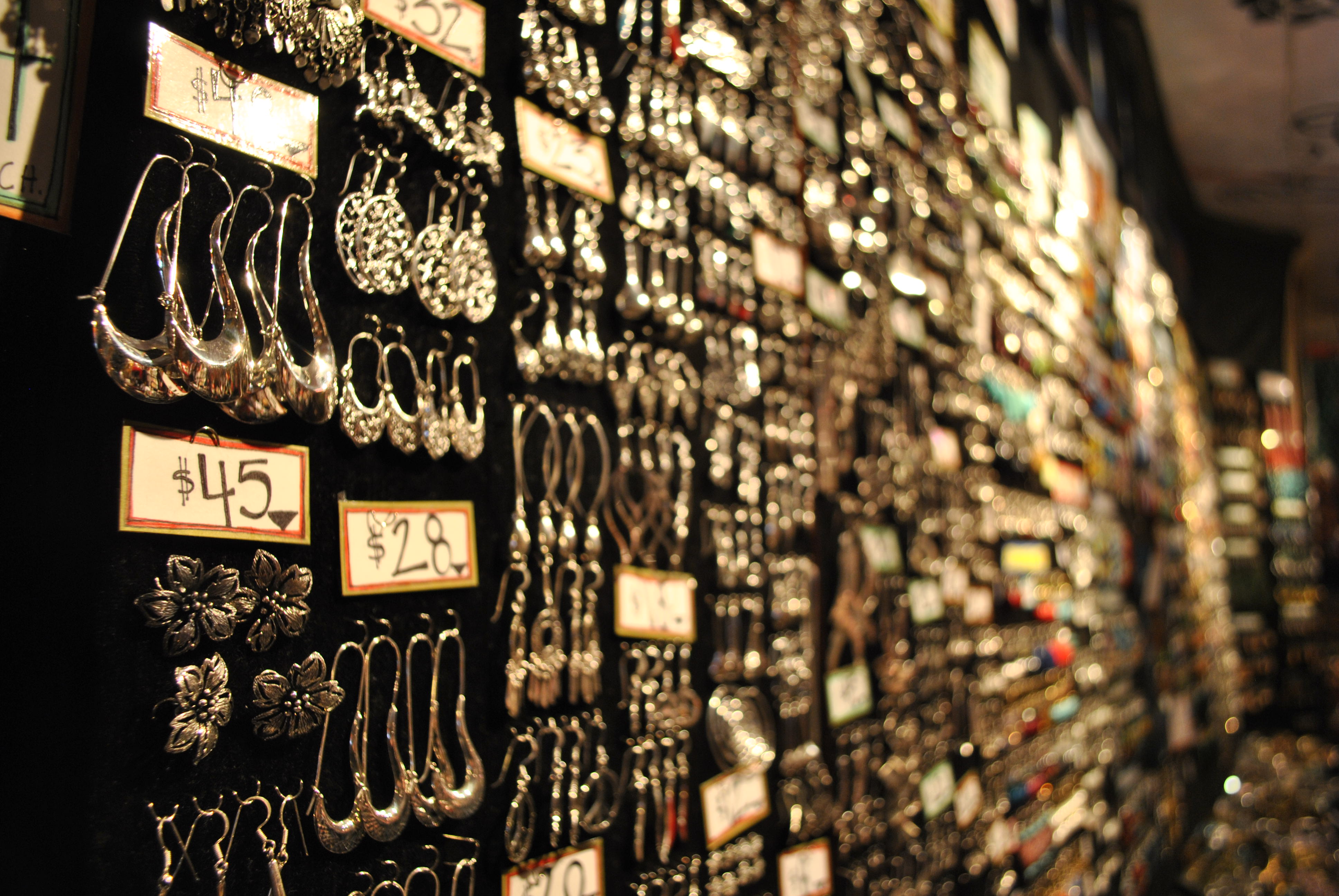


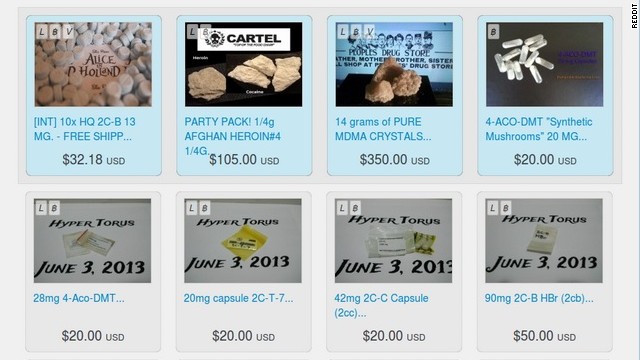

/https://www.thestar.com/content/dam/thestar/news/world/2012/01/15/rise_of_the_black_market_the_new_world_superpower/black_marketvendor.jpeg)


